What Happened To My Downloads On My Vudu App
What is Plex? Everything you need to know
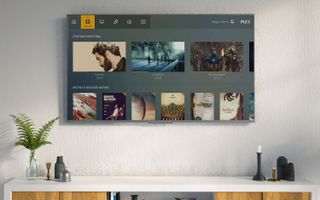
Plex fills an important void: streaming services are transitory, while physical media require a lot of hardware. For videophiles who embrace the digital age, but don't want to tether their wagon to a proprietary movie store, options are limited.
You can watch every piece of media on your computer, load up an external hard drive or turn to a media server. And for our money, the best media server you can get right now is Plex. In fact, "for our money" isn't entirely accurate, since the best parts of Plex are absolutely free.
- The best streaming devices: From Chromecast to Roku
- The 59 best Netflix shows
- The best Hulu movies and TV shows
I've covered Plex a number of times in the past, whether I was lauding its generous free tier, or explaining how to set up its ambitious live TV streaming. But up until now, Tom's Guide hasn't had a simple guide for those just getting their feet wet in Plex's surprisingly deep waters.
Whether you're a video hoarder with hundreds of movies just begging for a media server, or a casual streamer looking for a different approach, Plex is well worth at least a few hours of your time. Read on to find out exactly what it is, and how you can make it work for you.
Plex TV explained
I often refer to Plex as a streaming service, and this is technically true: Plex takes videos stored in a remote location and streams them to a receiver, usually attached to a television. However, Plex isn't a streaming service in the same way as a subscription program like Netflix, or even an à la carte storefront like Vudu.
Instead, Plex is a media server. This means that you'll provide your own content instead of relying on a big company's library, which usually changes from month to month.
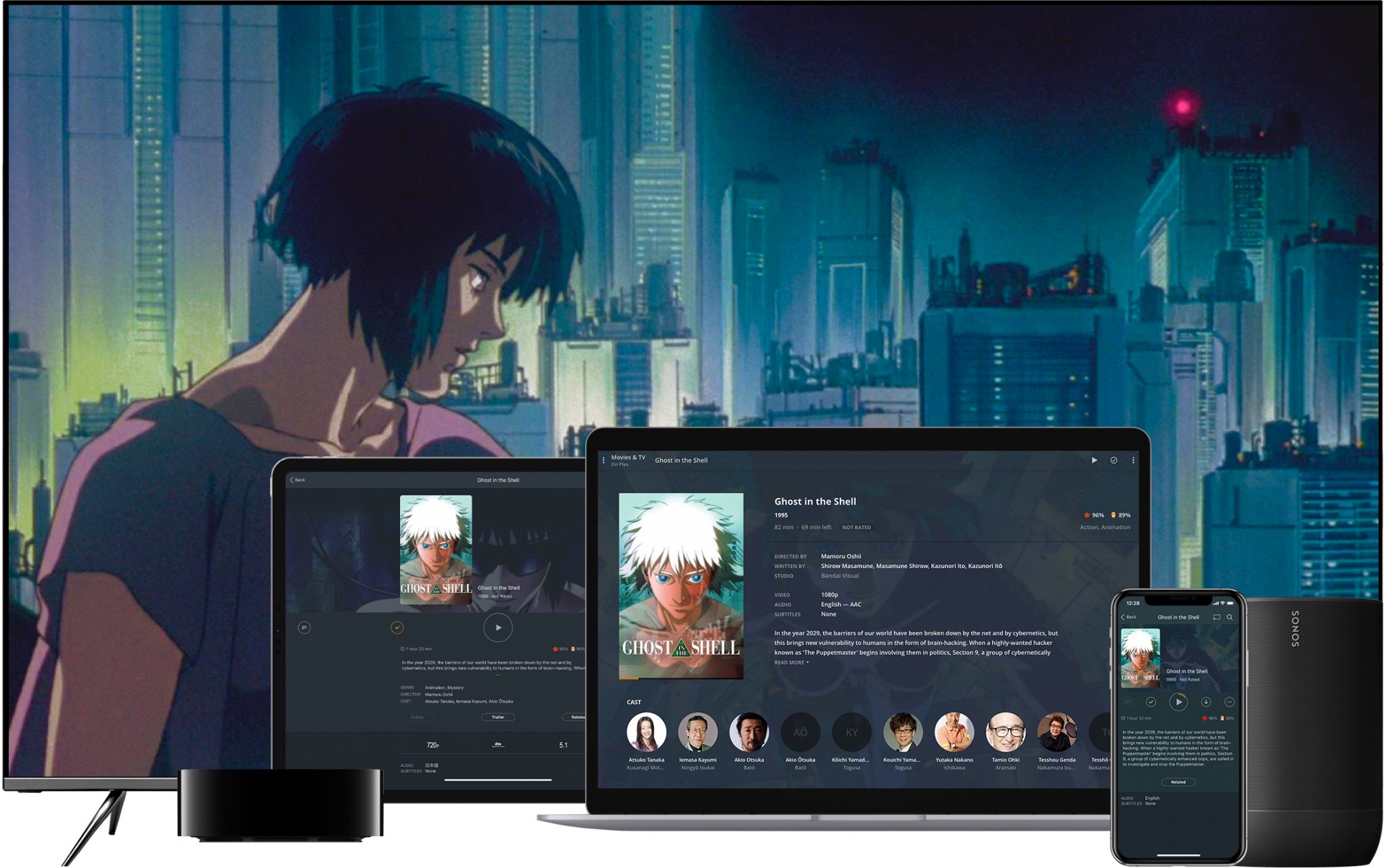
While Plex itself can walk you through the process of setting up a media server, it works like this: You provide your own video content, and put it in a special folder somewhere on your computer. You direct the Plex software to this folder, and Plex then makes your computer available as a server. By using the Plex app on another computer, a mobile device or a streaming gadget plugged into your TV, you can stream content from your computer to another platform of your choice.
This is also precisely how streaming services like Netflix, Hulu and Amazon Video deliver video to you, just with some extra steps in-between. "The cloud" is really just "a computer somewhere else that's always turned on." I'm sorry to be the one to deliver this news.
Granted, media servers are a dime a dozen. Streaming players from the PS4 to the Roku have media server apps built in; even Windows Media Player works as a pretty passable media server in a pinch. What sets Plex apart is how well it organizes media, and how pretty the whole interface looks.
While most media servers leave you scrolling through an endless list of poorly named files, Plex automatically organizes your shows into seasons, complete with title cards and episode descriptions. It tells you who starred in your movies, and can even find lyrics for your music. It makes your own library look just as pretty as anything from Netflix or Disney Plus.
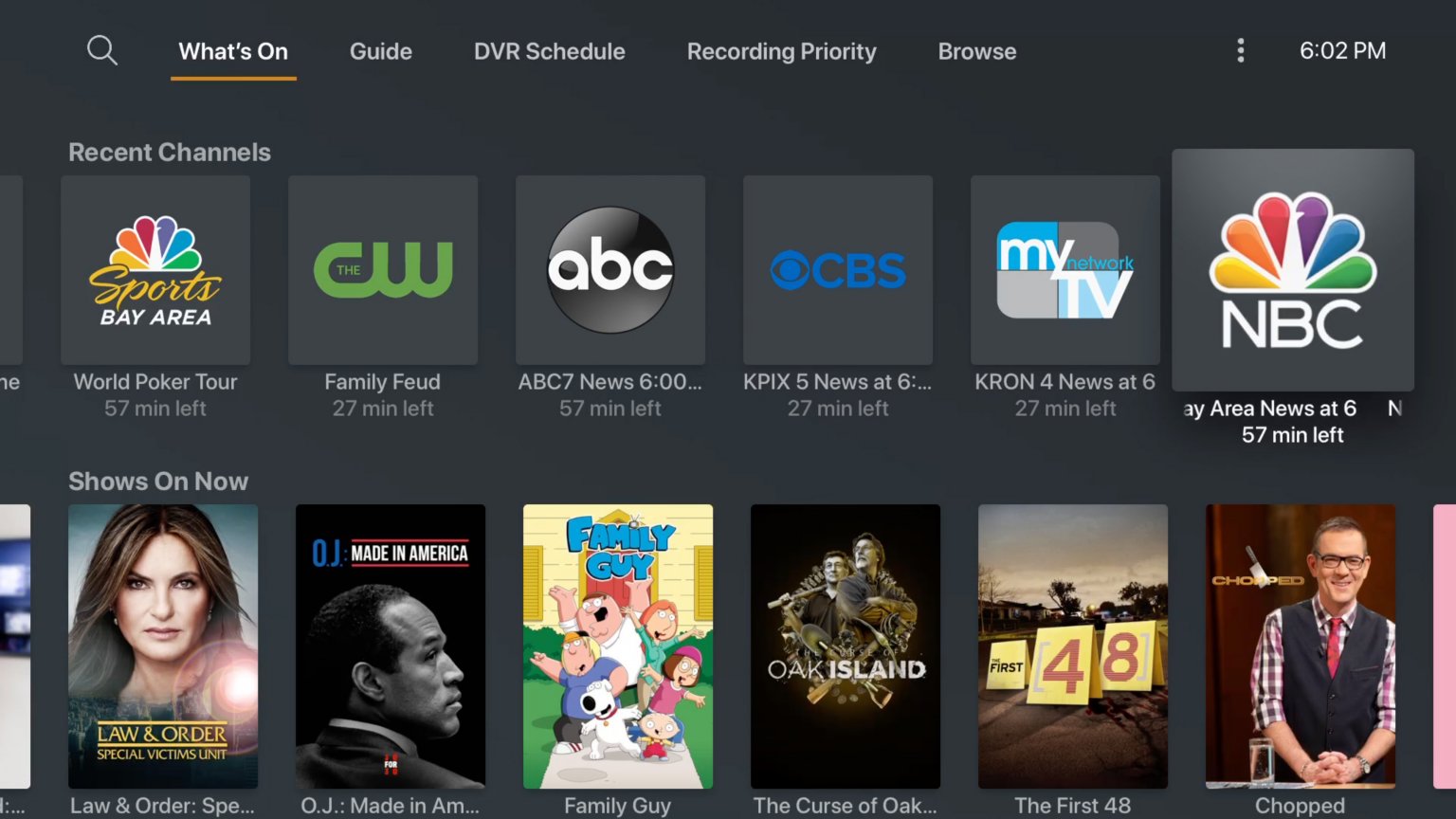
While Plex is primarily a media server, it offers a number of other features in both its free and paid tiers. It has an ad-supported streaming service that offers free movies and TV. (The movies are great; the TV is not.) You can use it to watch news or listen to podcasts. Hook up an HD antenna and a tuner, and Plex will let you watch live TV; add in a hard drive, and Plex works as a DVR platform.
Plex can even find extra content for your movies (such as interviews and deleted scenes) and stream them. Over the past few years, Plex has quietly become one of the very best streaming platforms on the market.
- The best Amazon movies for Prime members
Plex downloads
Plex is available as both a media server and an app that receives streamed media. You can download both versions from the Plex website.
Plex Pass
Plex is available both as a free service and a premium tier it calls Plex Pass. While free tier doesn't bill you monthly, there's a $5-per-platform activation fee if you want to use the Plex Android and iOS apps. The Premium tier costs $5 per month, $40 per year or $120 for a lifetime pass. If you use Plex a lot, the lifetime pass pays for itself after two years; otherwise, use your best judgment.
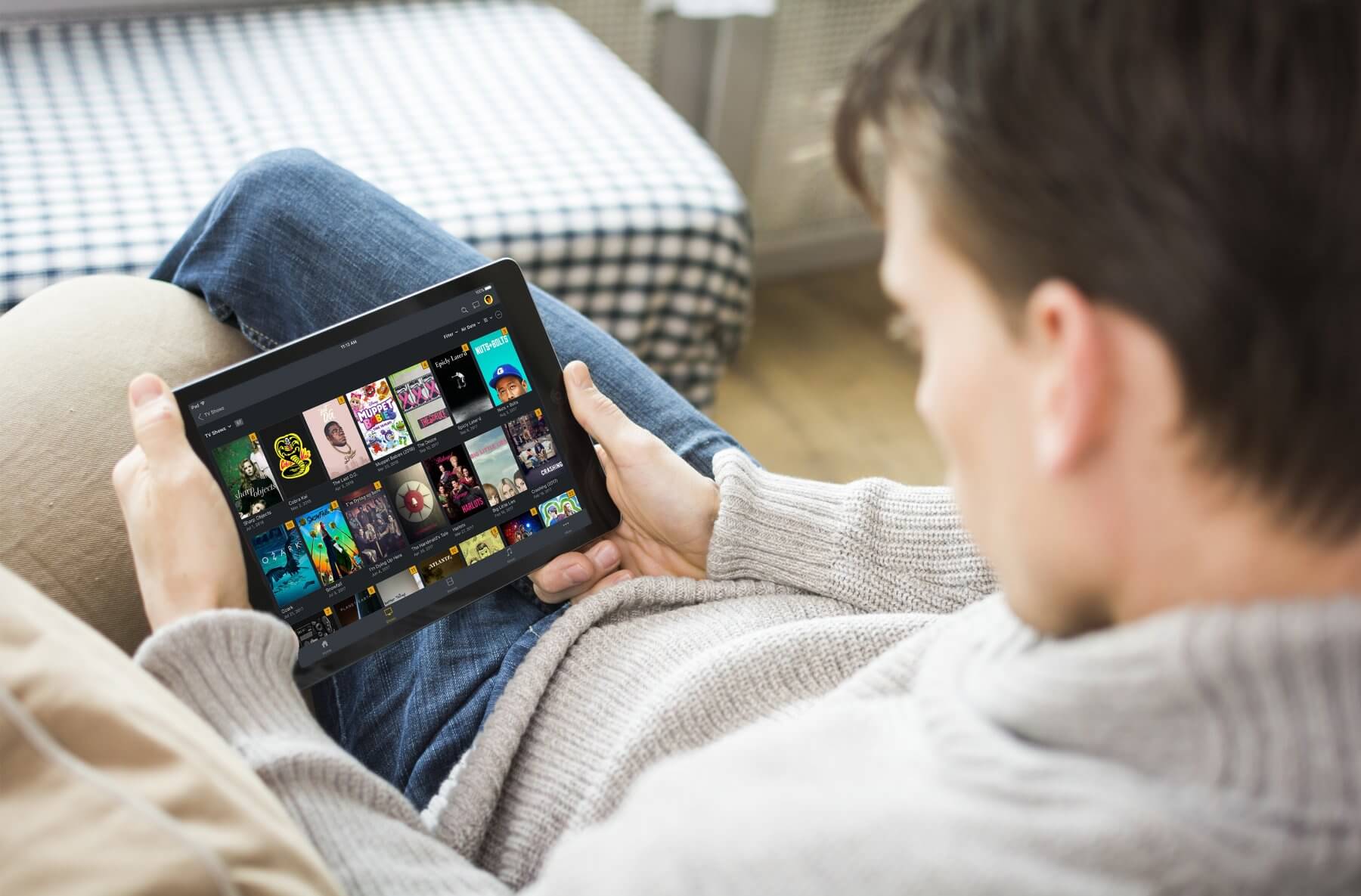
It's also worth pointing out what you can get for free, and what you can't. On Plex's free plan, you can host a media server, stream content to any non-mobile Plex app (computer, streaming player, game console and smart TV) and watch Plex's ad-supported TV and movies. As stated above, the mobile apps aren't really free, but even if you don't get a Plex Pass Premium subscription, activating one of them costs $5, just once.
It's entirely conceivable that the free tier will be enough for most users, especially since Plex doesn't hide any of its navigation or auto-sorting features behind a paywall. However, the Premium subscription does offer a handful of interesting features.
Plex Live TV
Live TV & DVR functionality is a top Plex Pass feature, enabling you to hook up an antenna, tuner and hard drive at home, then broadcast it remotely to your Plex account. Plex will even offer a comprehensive guide based on your local listings.
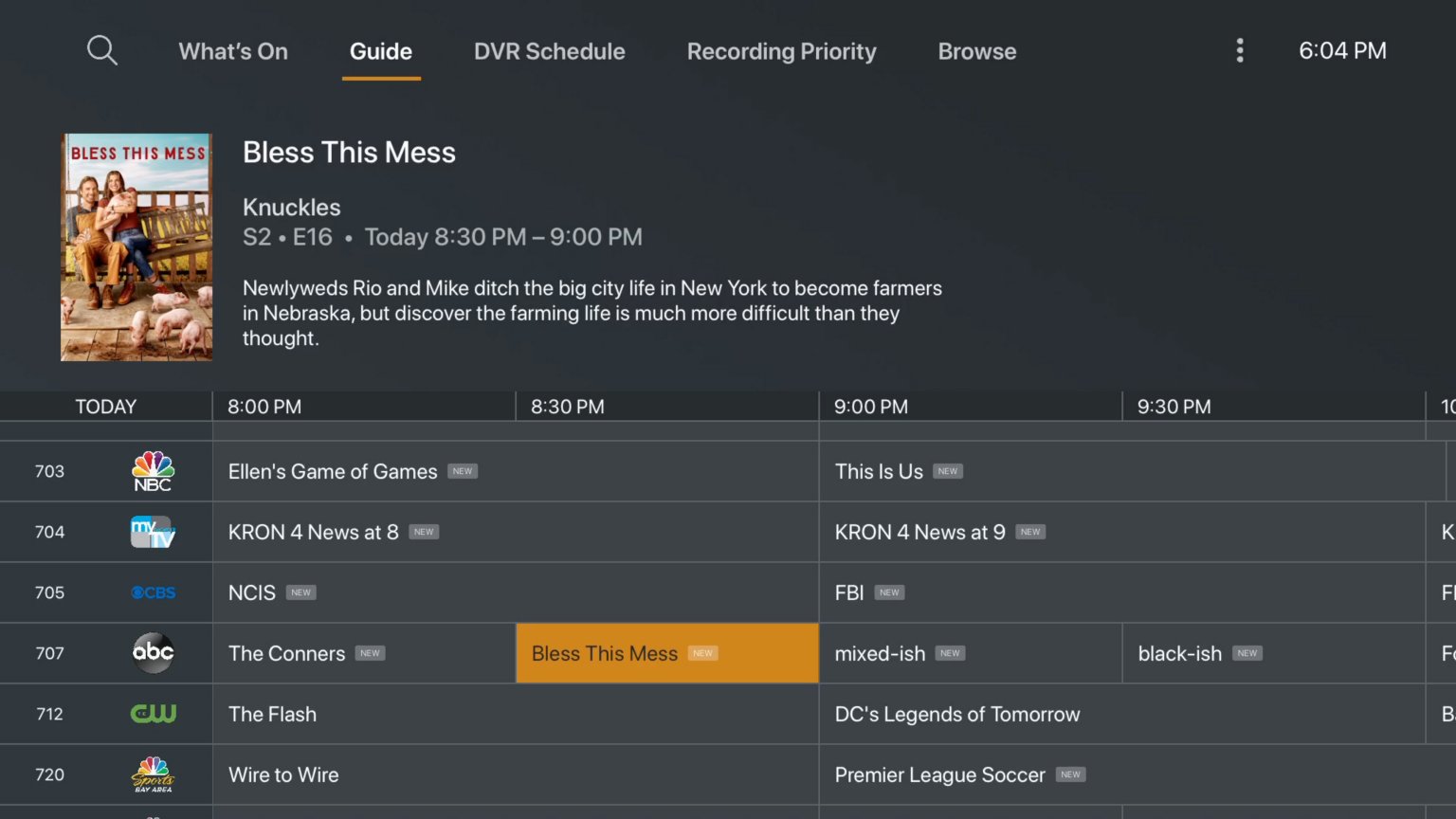
It's amazingly useful — if you like network TV and can't watch shows as they air, at any rate. A Premium subscription also gets you mobile app access (assuming you haven't already paid to activate them separately), trailers and extras for movies you own, and lyrics for your song library. It's also the only way to get parental controls on Plex.
In my opinion, the Premium subscription's benefits are relatively modest, unless you specifically want live TV recording. But the subscription is also not that expensive.
Plex Server for hosting your own content
Here, we come to the crux of the issue. Plex is a wonderful service, provided that you can bring your own movies, TV and music to the party. The only question is, where can you get this stuff? Most of our TV and movies come streaming these days, and even those that don't usually download in proprietary formats, viewable only in the app where you purchased them.
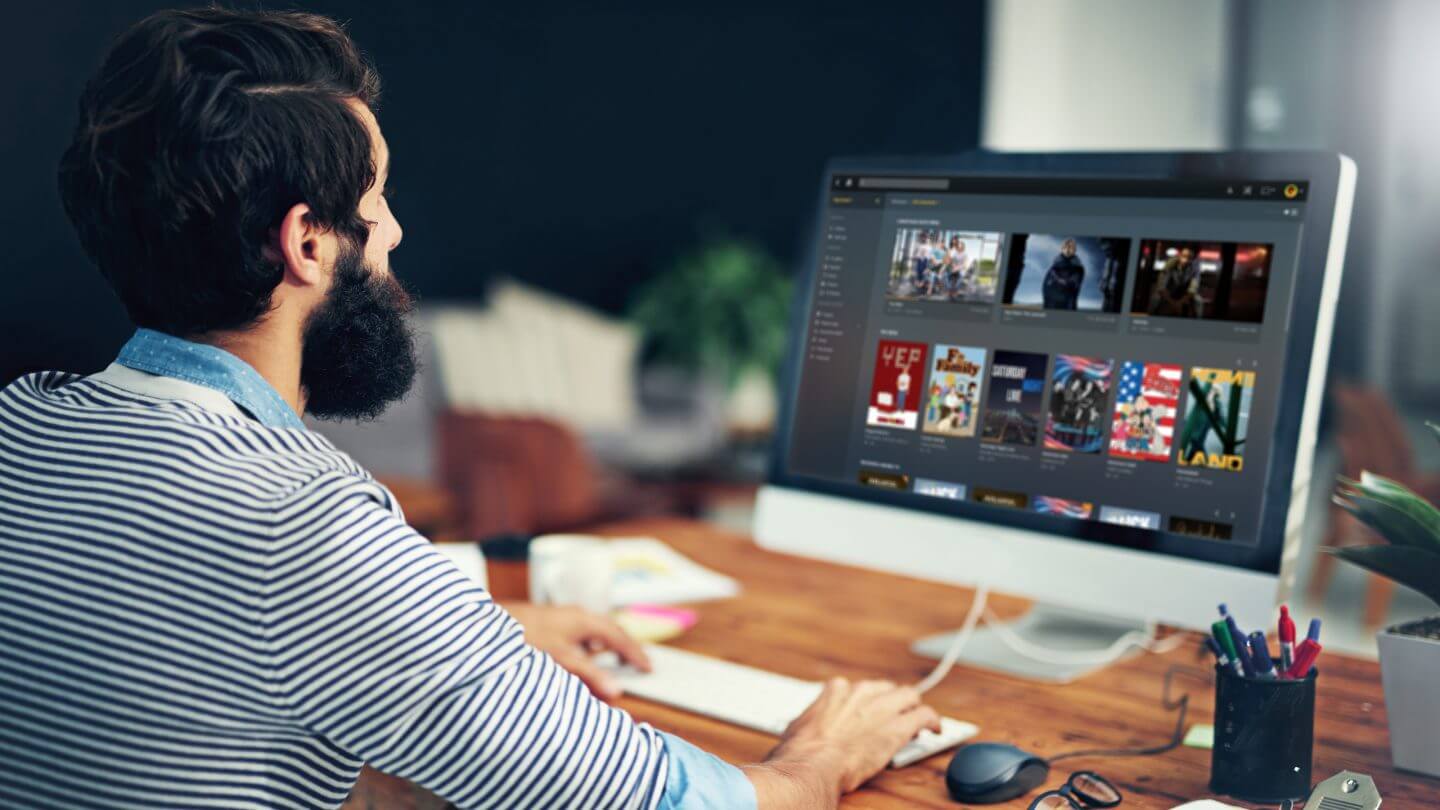
First off, music is pretty easy to come by. You can buy and rip CDs, if you want to go old-school, or you can usually download MP3, WAV or FLAC files from your digital vendor of choice. (iTunes is the obvious exception, but Apple is hardly the only game in town anymore.)
Movies and TV are a slightly thornier issue. A lot of Plex users build their libraries by ripping DVDs they already own. This is not technically legal, particularly if your DVD comes with encryption. At the same time, at least one state court has ruled that ripping DVDs, provided you don't share the content, counts as Fair Use. At the very least, we can say that from a practical standpoint, ripping DVDs exclusively for your own use is unlikely to ruffle any feathers. Based on my research, no private individual has ever gotten in legal trouble for this.
You can also record your own shows from TV, using features like Plex's Live TV DVR, or similar services that let you record cable programs. Programs like PlayOn let you record programs from streaming services like Netflix and Hulu. Doing so usually violates the Terms of Service, but it's not illegal and, again, so far as I could tell, no one's ever had an account canceled because of it, so long as they kept the recordings private.
Of course, far and away the most common way to build a Plex library is simply to torrent content. It's not legal, and the ethics are highly questionable, but I would wager that most people reading this piece have torrented something at least once — perhaps only because there was absolutely nowhere else to find the content. Anything beyond that, you can pursue at your own risk.
Bottom line
Since the best features on Plex are free, there's no barrier to trying it out for yourself. If you need material to fill your media server, try downloading some public domain movies, and give it a go. Getting a Plex server up and running usually takes less than half an hour, and getting an app set up requires even less time than that.
Plex has been one of my favorite streaming services over the past few years, but I've also been able to acquire a lot of my own content during that time. If you don't have a media library to call your own, you may wonder what all the fuss is about — but if you do, you may wonder what you ever did without Plex.

Marshall Honorof is a senior editor for Tom's Guide, overseeing the site's coverage of gaming hardware and software. He comes from a science writing background, having studied paleomammalogy, biological anthropology, and the history of science and technology. After hours, you can find him practicing taekwondo or doing deep dives on classic sci-fi.
What Happened To My Downloads On My Vudu App
Source: https://www.tomsguide.com/reference/what-is-plex
Posted by: petrusnich1967.blogspot.com

0 Response to "What Happened To My Downloads On My Vudu App"
Post a Comment